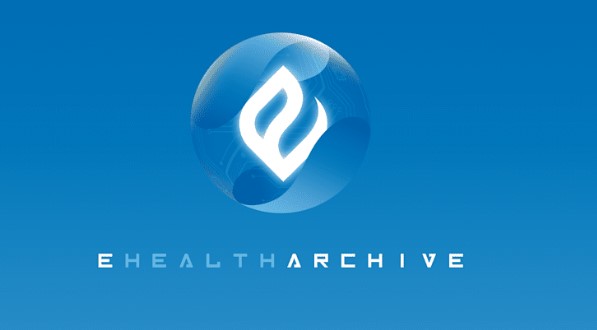As more and more new technology and the advancement for IoT in the health care industry, health care organizations continue to face the problem of figuring out what to do with old legacy systems and their legacy data.
For many health care providers, old legacy systems tend to be kept in place despite the security risks and high costs in money, time and effort in the long run to maintain them, especially within HIPAA compliance. Oftentimes, the conversation about what to do with the old system after transferring to the new system gets brought up late.
That’s why it is important to add archiving legacy data to the EMR system transfer discussions. By archiving legacy data, health care organizations can reduce the potential for cyberattacks, lower monetary costs for operating old systems and save valuable time and effort by providing a more efficient method for HIM and IT workers.

Potential cybersecurity risks
One of the biggest issues with legacy systems is the risk they pose to maintaining their information secure. When a system reaches its End-of-Life (EOL), it means software updates and support will no longer be available for that specific system. This leaves legacy systems vulnerable to cyberattacks against which they will no longer have secure protection.
It’s already happened to multiple organizations already, including hacks to BOOM! Mobile website, 2,000 stores using outdated Magento CMS, and a phishing attack on enterprise employees to upgrade Windows 7 (which Microsoft announced discontinuation of support back in January 2020). By archiving legacy data, you can discontinue legacy systems and their vulnerabilities to cyberattacks, keeping patient records and other data secure.
Lower legacy system management costs
Many legacy systems require high maintenance fees to not only keep the system up and running, but to allow access to the data they hold. What’s more, if they are out of date, there are more “band-aid” costs to try to maintain security and HIPAA compliance on a system that doesn’t receive automatic updates anymore. Even if you try to combine (virtualize or collocate) all your legacy systems and data in a data center, there are hidden costs that go up with each system you add, plus keeping them patched and updated.
Some health care organizations fear the upfront cost of data archiving and transferring to new EMR systems, but in the long run, archiving legacy data saves money and provides a better ROI over time.
Save time and effort with data in one place
There are different ways to archive legacy data, depending on the needs of each organization. However, overall, once the data is archived, it becomes much easier to access as everything is all in one place. This makes training staff easier since they don’t have to go through multiple trainings on different systems. With everything in one place, less time and effort will be spent going through old systems, benefiting both health care workers looking for patient records and HIM workers processing ROIs and other legal compliance measures.
These are just three main reasons to archive legacy data. No matter what, it’s important to save data and patient records, and there are many laws and regulations for how long to keep them. But with technology everchanging, it’s important that health care organizations are able to archive their data in a way that is accessible and cost effective. By removing data from old systems and transferring it to a legacy data archive, health care organizations will be able to provide top notch care, remain compliant with legal regulations and keep their patients data secure.
Partner Up
As more features and requirements are collected, we will post them here as well. If you have any immediate questions, shoot me a message, I can steer you in the right direction.
No matter what you end up doing with your legacy systems, do something. “There are two types of people in this world, those that have lost data, and those that are about to.” Archive those old servers and save funds today by ensuring you dont need to upgrade the hardware and software of those old legacy systems.
-Dan Holleran | 314-471-3409 | dan@pdehealth.com | www.pdehealth.com
PDE Health is an advanced data solutions firm, and have developed the CHR Base product. Visit our website to learn more about who we are and what we can do as a good business partner in the healthcare data industry.
